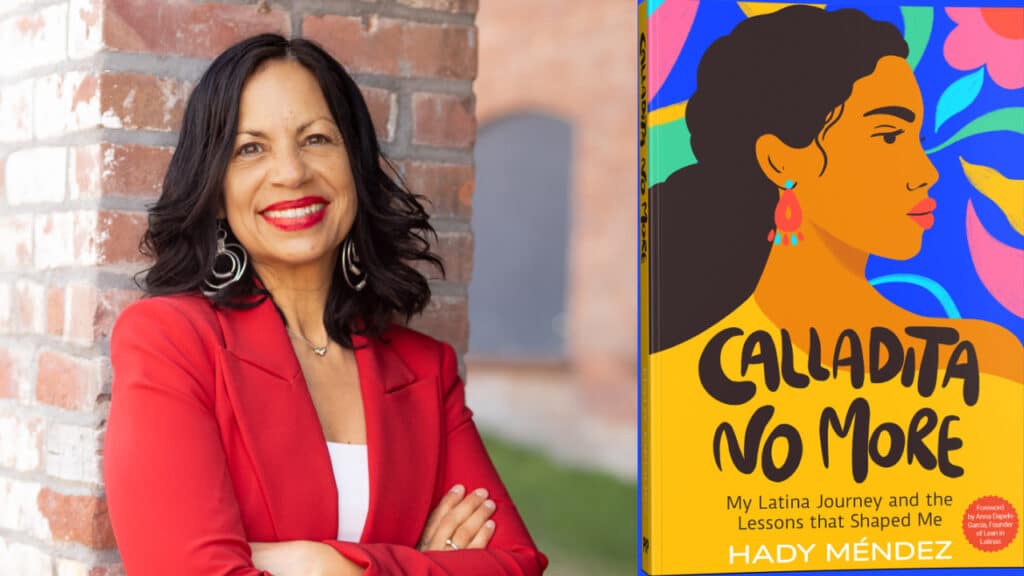
Breaking Barriers: New Study Reveals Latinas’ College Degree Rate Quadruples in Two Decades
Another of our community’s milestones worthy of celebration is the latest numbers for Latinas in higher education. According to a new analysis, the proportion of Latinas in the U.S. with a four-year college degree has nearly quadrupled in the last two decades.
According to a new analysis by the UCLA Latino Policy Institute, the percentage of Latinas with a college degree increased from 5% in 2000 to 20% in 2021, with the highest rates among those of Venezuelan (57%), Argentine (46%), and Chilean (42%) origin.
These figures disprove any doubt that women are leading the way in progress. In fact, according to the new study, the percentage of Latina college graduates is higher than that of Latino men, a trend seen across all races and ethnicities.

The impact of higher education on Latinas’ career futures
According to a new analysis from the UCLA Latino Policy Institute, the number of Latinas with a bachelor’s degree or higher has steadily increased from nearly 1 million in 2000 to 3.5 million in 2021. Over the same period, the percentage of adult Latinas with a bachelor’s degree or higher has almost quadrupled (from 5% in 2000 to 20% in 2021).
In another UCLA study focused on community college educational programs, researchers found that, despite the obstacles, Latino graduates can earn about $22,600 more per year.
This is particularly important for a community that must contend with high tuition costs and geographic accessibility to higher education.

However, not all that glitters is gold
Despite the exponential growth in the rate of Latinas with a bachelor’s degree or higher in the U.S., our educational attainment still lags behind that of the general U.S. population in 2021 (20% versus 33% for the male population and 35% for the general female population).
Furthermore, while a college degree offers workers greater job security and higher wages, Latinas with a bachelor’s degree or higher earn a lower median hourly wage than most other college-educated groups, regardless of race and gender.
According to the latest UCLA study, in 2021, Latinas with a bachelor’s degree or higher earned a median hourly wage of $26, the second lowest of all workers by race, ethnicity, and gender. Compared to similarly educated Latino men, we earned $6 less per hour. Compared to equally educated white men, Latinas earned $14 less per hour.

Still, the future is bright
Even though we face twice as many obstacles as men, and even though we often carry more family responsibilities on our shoulders, we are leading the way.
Younger Latinas are earning bachelor’s degrees at significantly higher rates than older generations. In 2021, one-quarter of Latinas aged 25-34 had a bachelor’s degree or higher, compared to 16% of those aged 55-64.
Similarly, veteran Latinas are 15 percentage points more likely to have completed a college degree than non-veteran Latinas.
Considering that Latinas start their own businesses at a higher rate than the average American, with these high education numbers, nothing can stop us.




